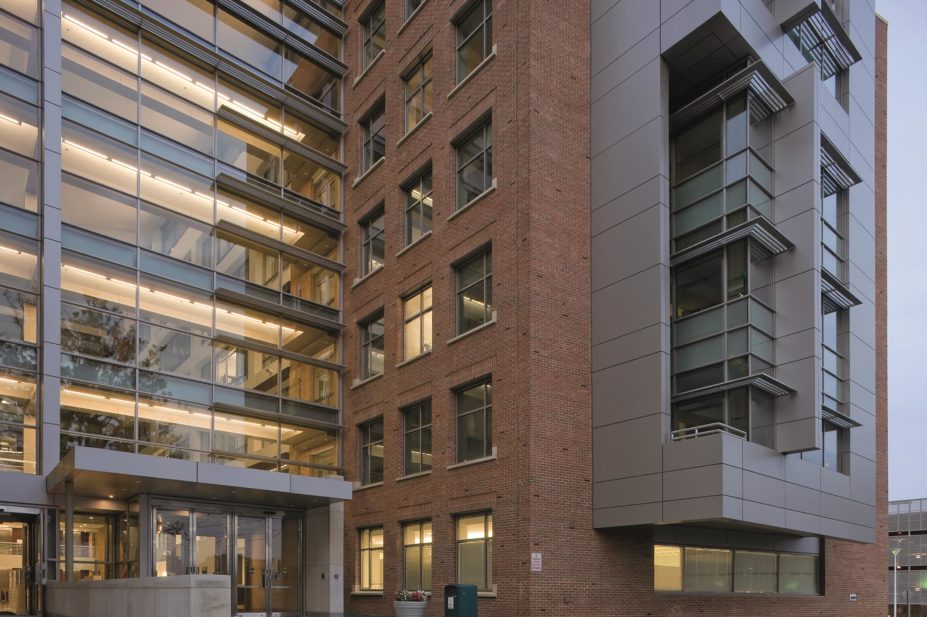
Wikimedia Commons
The US Food and Drug Administration (FDA) has four programmes to accelerate the development or approval of drugs addressing unmet medical needs or treating serious conditions. However, their reliance on potentially less robust data makes them controversial.
Researchers at Brigham and Women’s Hospital and Harvard Medical School, Boston, evaluated the use of the FDA’s expedited drug development and review programmes between 1987 and 2014. During the course of the study period, 774 drugs were approved. There was a significant increase in the number of drugs qualifying for one of these programmes, with a 2.4% increase each year in the proportion of qualifying drugs (P=0.009).
The analysis shows that this trend was linked to approval of non first-in-class drugs, “which are less likely to be innovative or clinically transformative therapeutics”, say the authors in the BMJ (2015;351:h4633)[1]
.
References
[1] Kesselheim AS, Wang B, Franklin JM et al. Trends in utilization of FDA expedited drug development and approval programs, 1987−2014: cohort study. BMJ 2015;351:h4633. doi:10.1136/bmj.h4633


